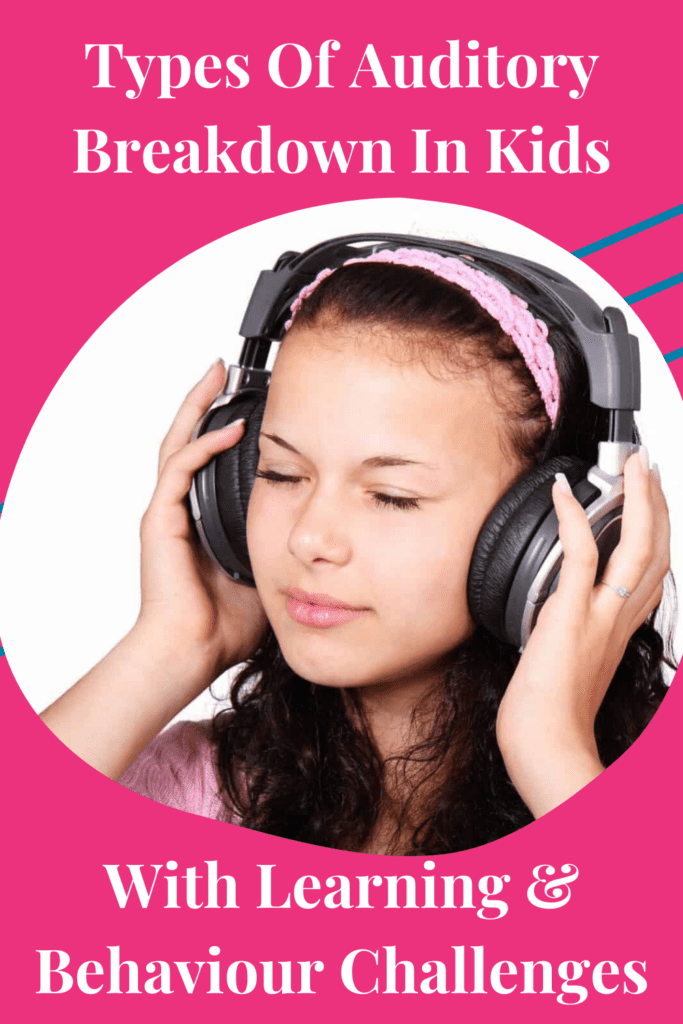Neveah was sick with worry for her son because she struggled as well in school. What she remembered the most was trying so hard and constantly being accused of not putting in her full effort, of being called lazy and not ‘paying attention’.
The fact that Noah could get by with his reading and do certain tasks well like math and not others had led certain teachers to believe that he was simply choosing not to do things well. At one point it was even suggested that Noah was being defiant in not doing his work as he had been instructed.
The Erosion of Self-Esteem – A Frequent Result of Learning Difficulties
When a child is working too hard to learn and their failed efforts are interpreted as laziness or defiance, this can be devastating to their self-esteem and motivation. Neveah was seeing the same things with her son Noah.
At first Noah still tried in school but lately he was getting into trouble at school and had just given up trying. He argued with her about going to school, that homework was pointless and that he hated all of his teachers.
Up until now, all Neveah was told was that her son had a learning disability and ADHD. Neveah knew she had to do something, but nothing worked – not bribing, not IEPs, not grounding, tutoring or medication. “This kid is 12,” she said. “I need to turn things around now before it’s too late.”
The Missing Piece of the Puzzle
Neveah didn’t know that her son had poor auditory memory, auditory sequencing and auditory discrimination. Previously, I explained how some kids with auditory processing challenges have to strain against the background noise to focus and understand. That wasn’t Noah’s issue.
The auditory processing breakdown was different for him. His brain misinterpreted, or didn’t even register the oral information that was coming through his ear.
You can see why multiple diagnoses are so common when you consider how much a weak auditory system will impact – including compromising all the other sensory information that is processed via the nervous system and the brain.
Multiple Diagnoses and Why APD Affects Learning
You can see why there is so much overlap with diagnoses like ADHD, dyslexia, dysgraphia and learning disabilities when you consider how much auditory processing affects.
Beyond poor attention and overwhelm with focus, learning can breakdown in several areas. This is because poor integration of auditory information can take the form of:
- Difficulty distinguishing phonic sounds when reading
- Mixing similar speech sounds or ending or beginnings of words
- Inability to follow directions to follow directions or misinterpreting them
- Difficulty processing what was said, explained and responding
- Misinterpreting tone of voice, or being unable to make connections and inferences
Depending on where or how your child is experiencing auditory breakdown is going to determine which skills or areas will be impacted such as reading, math, reading comprehension, following directions etc.
At this point you might be curious to find out where your child might have weaknesses in their auditory processing.
The list below might be an indication of where your child’s struggles might actually be starting.
The school battles and feelings of discouragement for Noah ended when he and mom understood where auditory breakdown was occurring and focused on strengthening those weak connections.
1) Auditory Memory
A sign that this may be the problem is when your child receives a series of instructions, they cannot remember them. This is beyond the typical forgetfulness that is normal for all children to experience from time to time. It is a continuous challenge to remember oral instructions or information which can moderately to severely be a barrier to effective learning.
2) Auditory Discrimination
When your child has difficulty distinguishing one sound from another or mixes sounds up, auditory discrimination may be the issue. This can cause impairments with learning phonics, blending sounds, with spelling as well as speech.
3) Auditory Sequencing
When there are difficulties recalling the order of information, words or sounds. Your child may mix up the order of the steps they need to take for an assignment at school or instructions you have given them or when blending sounds they may blend one sound before another.
4) Auditory Cohesion
This occurs more frequently among children with more serious challenges like ASD or developmental delays. These are the kids who may not pick up on sarcasm from tone of voice. They also have a harder time making inferences or connections between two concepts, situations, events etc. IF your child doesn’t understand riddles or needs you to explain jokes they may have difficulties with auditory cohesion.
5) Auditory-Figure Ground
This when a child has difficulty separating background noise from foreground noise. The teacher talking and the hum of a fan or the child whispering to his friend are all picked up by the ear as the same ‘importance’. This causes information to be jumbled or left out because of distraction which can result in obvious learning gaps and can look a lot like ADHD or even defiance.
If you want to learn more about what you can do to help your child overcome the challenges related to auditory processing, then tune in to my free LIVE training November 21st at 10 EST. Sign up here.
In Health & Wholeness,
Lorraine
P.S. – Want to know more about a proven, multi-therapy approach that targets the various root causes so that kids can move past their limitations and reach their full potential? Schedule a free call.


